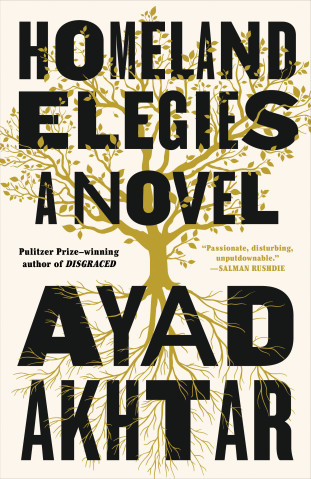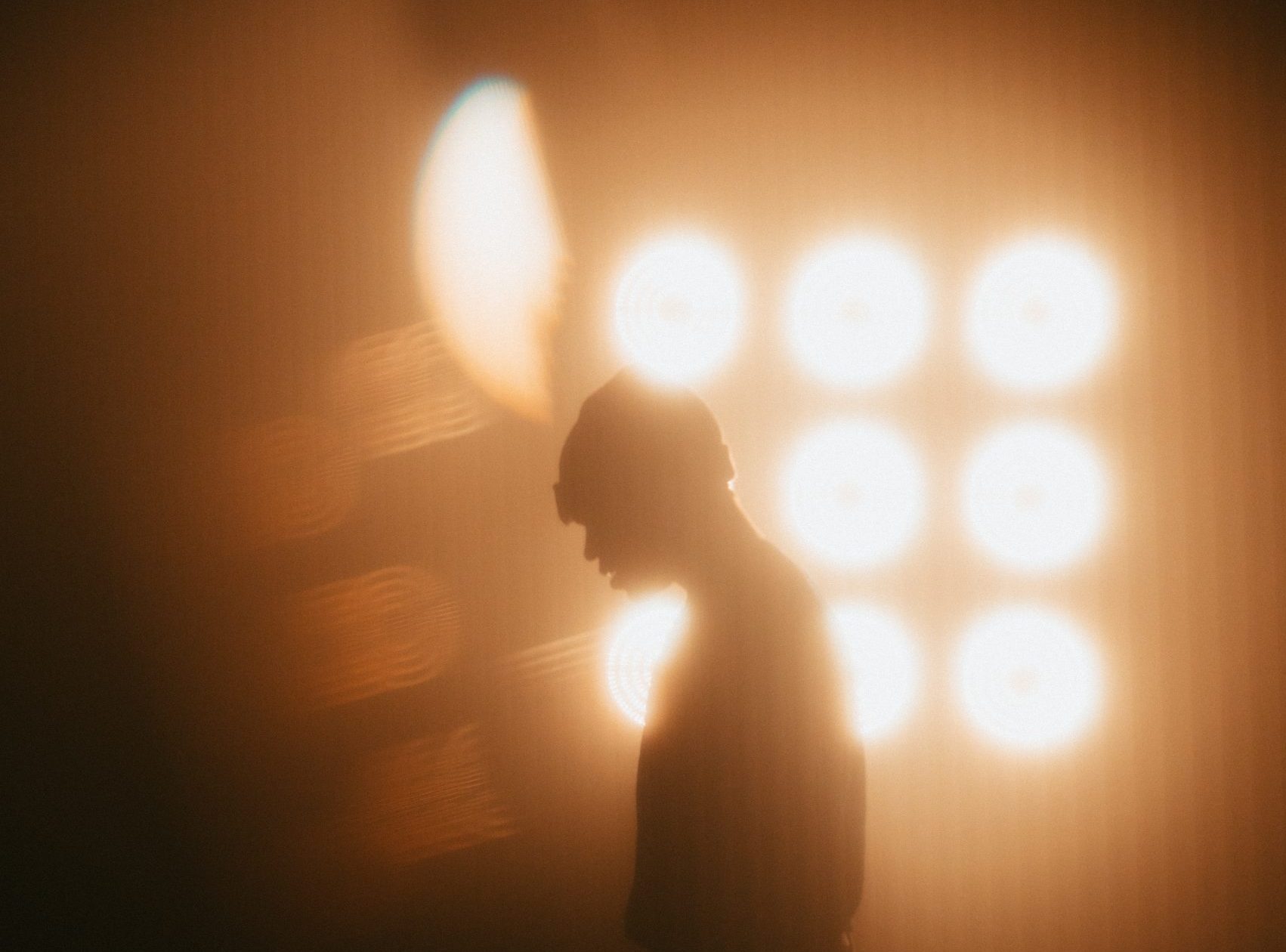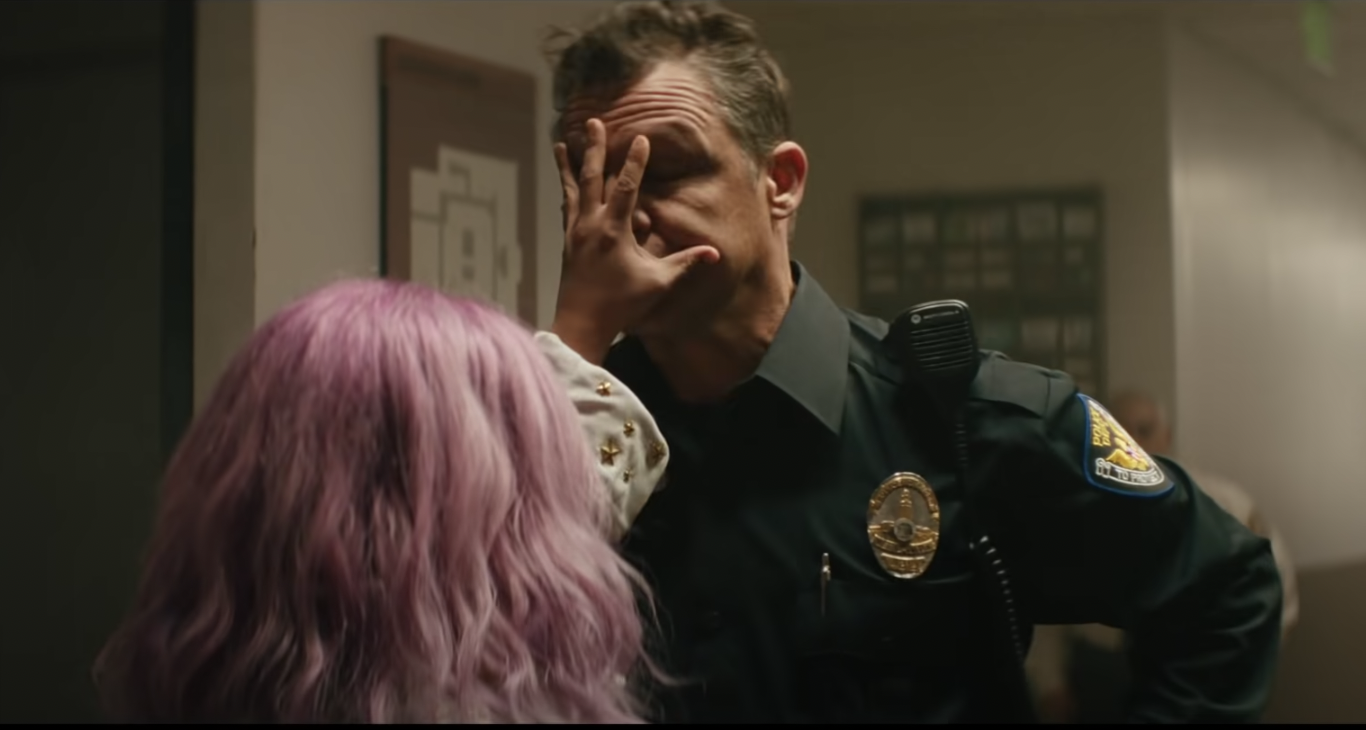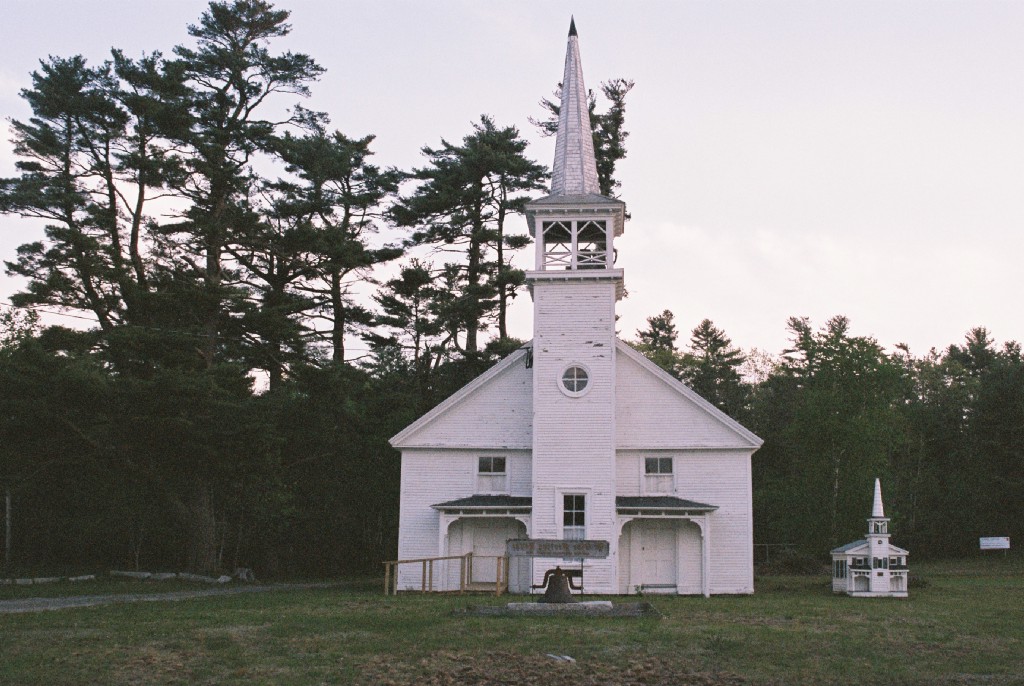Interviews
“Homeland Elegies” Examines What It Means to Be Muslim American Post-9/11
Pulitzer Prize-winning author Ayad Akhtar on the feeling of being an outsider in one’s own home
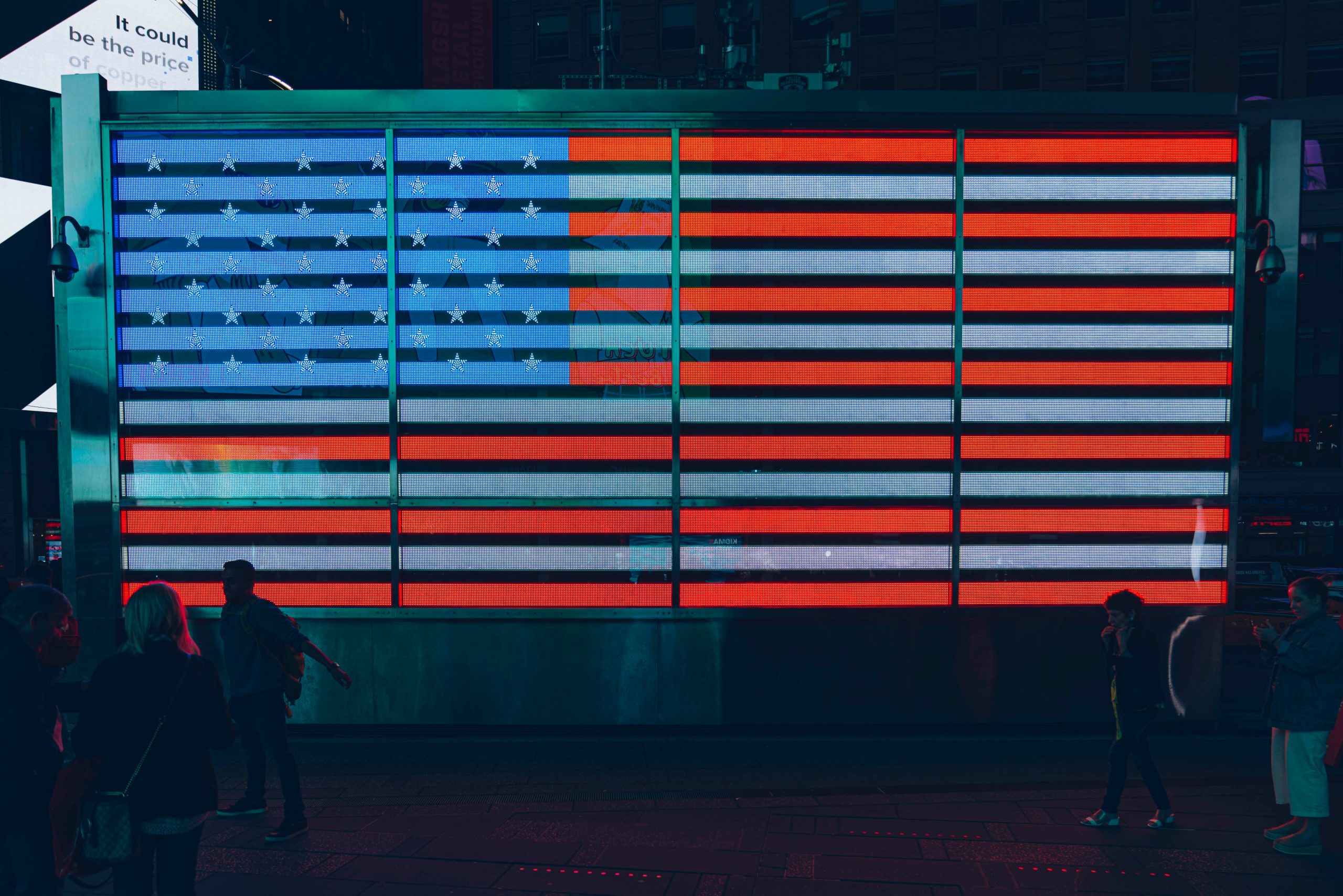
Ayad Akhtar’s new novel Homeland Elegies is a song to and about America, subverting the idea of the so-called “American Dream.” The Pulitzer Prize-winning author, like the narrator of the story who shares his name, was born in Staten Island to Pakistani immigrant parents and raised in Wisconsin. Despite the similarities to his own life, Akhtar wants us to know that this novel is a work of fiction, one in which he takes the events of his and his parents’ lives and dramatizes them.
A fragmented tale that jumps through time, this novel depicts a realistic version of a post-9/11 America. The narrator’s mother, homesick for Pakistan, is disillusioned with her place in this country. The father, a doctor who fondly reminisces on his former patient Donald Trump, is dealing with a malpractice lawsuit, and is unable to see that America has shattered him. Through his characters, Akhtar offers a nuanced critique of capitalism and today’s political landscape.
I spoke to Akhtar about what it means to be American and the feeling of being an outsider in one’s own home.
Deena ElGenaidi: I just want to start by saying that this was such an interesting novel for me, because I was raised in a Muslim family, and I’m Egyptian. And I remember 9/11, even though I was still young at the time, but I was old enough for it to have an impact. So, there’s just so many things in the book that really rang true to me, and I appreciate that something like that exists and is coming out in the world.
What made you want to write this story?
Ayad Akhtar: I didn’t plan to write this novel. My father had a court case late in his life—a malpractice lawsuit, which inspires the lawsuit that’s at the end of this book, and I’ve been toying for some time about writing a book about that, but that was the only thing that had been in my consciousness.
But you know, the political events of the last four or five years—they just coalesced in the end, and this is what came out. I started writing, and it kind of poured out of me. I would write for two weeks, and then I would stop for two weeks, and then I would write for two weeks. I kept writing to a place of exhaustion. And then I would recover. And as soon as I was recovered, it would keep coming out of me. [The book] has this kind of breathless movement to it that mirrored how it emerged. So, that’s the truth.
Beyond that, of course, I could say, well, it represents a few decades worth of thinking about this country, especially in the last ten years, recognizing certain divides—rural, urban divides, racial divides, and money divides that are really defining of the American experience and how some of the ideology around money has transformed America. It’s transformed America from the country that my parents came to and the one that they imagined they were coming to, to the country that it is today.
DE: Yeah, one interesting thing is that the characters seem very lost and looking for a sense of home throughout the story. Early in the novel, the narrator’s mother says about America: “It’s not our home, no matter how many years you spend here, it won’t ever be our home.” And I don’t think the father realizes this until the end. Do you think that feeling of not being home, no matter how long you’re here, is true for immigrants in America?
AA: I, of course, wouldn’t want to make any kind of general characterizations about that at all. I just know that in the case of so many folks that I’ve grown up with, yeah, that’s been the experience. Many of us have tried on the American experience, and tried on the American identity, and I think that so many of us have found it an odd experience. So even if you’re born here, it’s a weird experience. I think what the mother says—there’s truth to it for some, that’s for sure.
DE: Well, my next question was actually going to be about the narrator, who is born and raised in America. He also says at one point, “I was going to stop pretending that I felt American.” So what is it about his experience that makes him feel this way? And what does it even mean to be American in that sense?
AA: I think the book makes the case that being American has to do with race and money. It doesn’t have to do with all these highfalutin ideas about equality that we still seem to think represent America. What America appears to be about, for the most part, is the ability to succeed and the ability to have what you want. That’s why people come here. It’s not like people in Europe are any less free to express their opinions. It’s not like people are coming to this country to necessarily be able to express what they think—that they can’t do it somewhere else. So what is the American freedom? The American freedom is freedom to prosper, and often at other people’s expenses. Because it’s part of the system.
I don’t remember the first part of the question.
DE: The first part was, what is it about the narrator’s experience that makes him feel like he has to stop pretending to be American?
AA: Well, I wouldn’t want to speak for the book. The book is the book. I think he had lots of experiences that make him feel that folks aren’t sure he is American. And in a post 9/11 world, being Muslim is complicated in the West. So it’s a totally logical and perfectly reasonable conclusion that he comes to. There’s no obvious answer to that.
DE: Well, that leads me to my next question, which is about religion. Religion plays a pretty big role in the book, even though the main characters themselves aren’t very religious. They’re Muslim by name, but they don’t necessarily follow all of the rules. What role did you intend for Islam to play in the character’s lives, and how does it affect their identities?
What is the American freedom? The freedom to prosper, and often at other people’s expenses. Because it’s part of the system.
AA: It really plays the role that it plays. I didn’t intend for it to play a particular role. Each of them has their own relationship to it. Riaz, the financier, is not exactly a practicing Muslim, but he’s not exactly not a practicing Muslim. And he’s certainly very preoccupied by how Muslims are perceived. He is doing stuff as a Muslim, he’s fasting on occasion. I know a lot of Muslims wouldn’t think of him as being particularly Muslim, but I think he thinks of himself as Muslim. Asha is maybe even less religious than Riaz but certainly more than the narrator, and the narrator himself comes from a family of a lot of people who feel differently about religion. The father has one feeling about it, the mother has others, so it’s like anything. Any Catholic family or any Jewish family—there’s a whole range of what people go through and experience.
DE: Yeah, I think that’s very realistic, in that there’s just varying levels of religiosity, and people identify however they want to identify. One moment that stood out for me was when the narrator describes how in childhood, he never felt different or other, even though he knew he wasn’t white, like a lot of his peers. But at the same time, he would feel taken aback looking at himself in the mirror and seeing that his skin was darker than those around him.
AA: Even though he didn’t want to have white skin because he thought it was disgusting.
DE: Yeah, exactly. And I thought that was so interesting because my cousin has actually described that exact feeling to me, but I’ve never seen it articulated in writing like that. Can you delve into that a little bit more and explain for other readers what it means to be taken aback by your own reflection in that way?
AA: What I could say about it is just that a lot of times people say, “You know, folks who aren’t white wish they had white skin.” That’s actually not true. A lot of times folks who aren’t white are happy they don’t have white skin. They just don’t necessarily want the associations that come with not having white skin. And it’s complicated. I think the thing that the book tries to explore—maybe express and sort of dramatize—is the transformation of that core into something like desire and desiring white skin as a symbol or as a sexual object, right? The way in which society and the social structure actually create our desires, even though they may be contrary to our own instinct, is a process that started to find itself and manifest in the story of the book.
DE: I also want to talk about 9/11 being a very central topic in the novel. We jump around through time, but the occurrence of 9/11 is always looming in the background, and there’s certain incidents when the narrator will experience racism, all routed back to Americans’ perceptions of Muslims or people of color after 9/11. What would you say is the main idea you want readers to understand about what changed for Muslims in America after 9/11?
AA: You know, it’s interesting. The book is called Homeland Elegies. And the homeland is of course not just the parents’ homeland, but this American homeland. In a way, the book, as an elegy, is making the case for the passing of something—that something is over. Something about America is finished, is dead. This is a song to try to understand what happened. I think 9/11 plays an important part in what I would call the crumbling of the Republic, which we are fully in the midst of.
We’re living in a world where the daily news is a better soap opera and a better thriller than anything we encounter on streaming.
I wrote this book before all of the stuff that’s happening now. I wrote it a year ago. But it’s basically describing the widespread disintegration of society that we are now seeing because of the virus. All of those things were apparent to anybody who was watching for the last ten years. It was clear that finance had gutted the country and that our response to 9/11 had destroyed the world. We had destroyed the world order because of our inability to process the tragedy that had befallen us.
I think 9/11 is at the center of the book not just for Muslims; it’s at the center of the book for America because in a way, 9/11 could have presented an opportunity for us to recognize what was happening, because what happened is not random. There was a reason for it, and our inability still to understand how to think about the reason 9/11 may have happened is directly connected to everything that’s going on right now.
DE: Yeah, absolutely. I want to ask also, at the beginning of the book, you have a note saying, you wrote this book to remember the lives of your parents and what brought them here.
AA: That’s just in the advanced readers copy. That’s not in the actual novel.
DE: Oh, okay, sorry about that.
AA: That’s okay. You can ask me about that. But no other readers will ever see that. It’s only for people who are getting early copies.
DE: Okay. Well, I just wanted to know, why did you make the choice to fictionalize this story rather than telling yours and your parents’ story as a memoir?
AA: I don’t think memoir necessarily has the kind of dramatic juice to cut through the bullshit. I’m a dramatic writer, and I yearn for the sharp angle and the cutting scene. I want my actions to be decisive and bold, and the kind of story I tell is a story in which a character moves from one pole to its opposite. So I was going to use the fodder—the material of my actual life—and shape a story that was a far more dramatic and poetically truthful version.
I think art is better at expressing the essence of something than life is. And also in this age of the collapse of fact and fiction, I wanted to find a form that was going to actually speak to the reader’s sense of unreality. We’re living in a world where the daily news is a better soap opera and a better thriller than anything we encounter on streaming. And we’re more addicted to the actual events of the ongoing story of our nation’s collapse than we are in any streaming story. I wanted to find a literary form to engage with the reader at that level.
A lot of people talk about autofiction. To me, it’s not autofiction because autofiction implies a kind of distance between the narrator and the reader in which there’s a kind of wink, wink, fly literary maneuver, like, oh, this is different. This is almost like a literary version of reality television where the book is constantly seducing you into thinking it’s all real. There’s no sense of distance. I’m not searching for distance between the narrator and the reader. I want to ensnare the reader and all of their preoccupation with daily breaking news and the Instagram scroll and all that stuff. I want to ensnare that attention in this tale.




